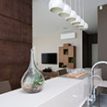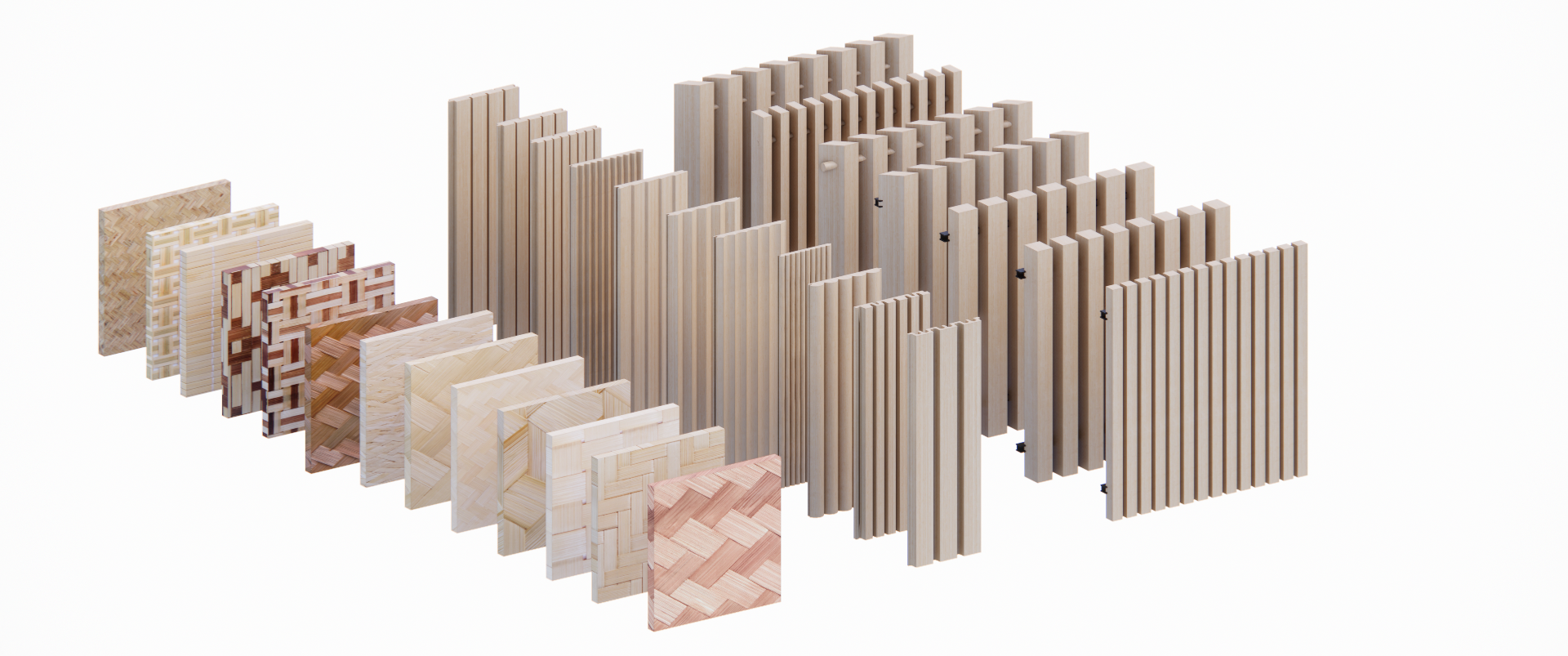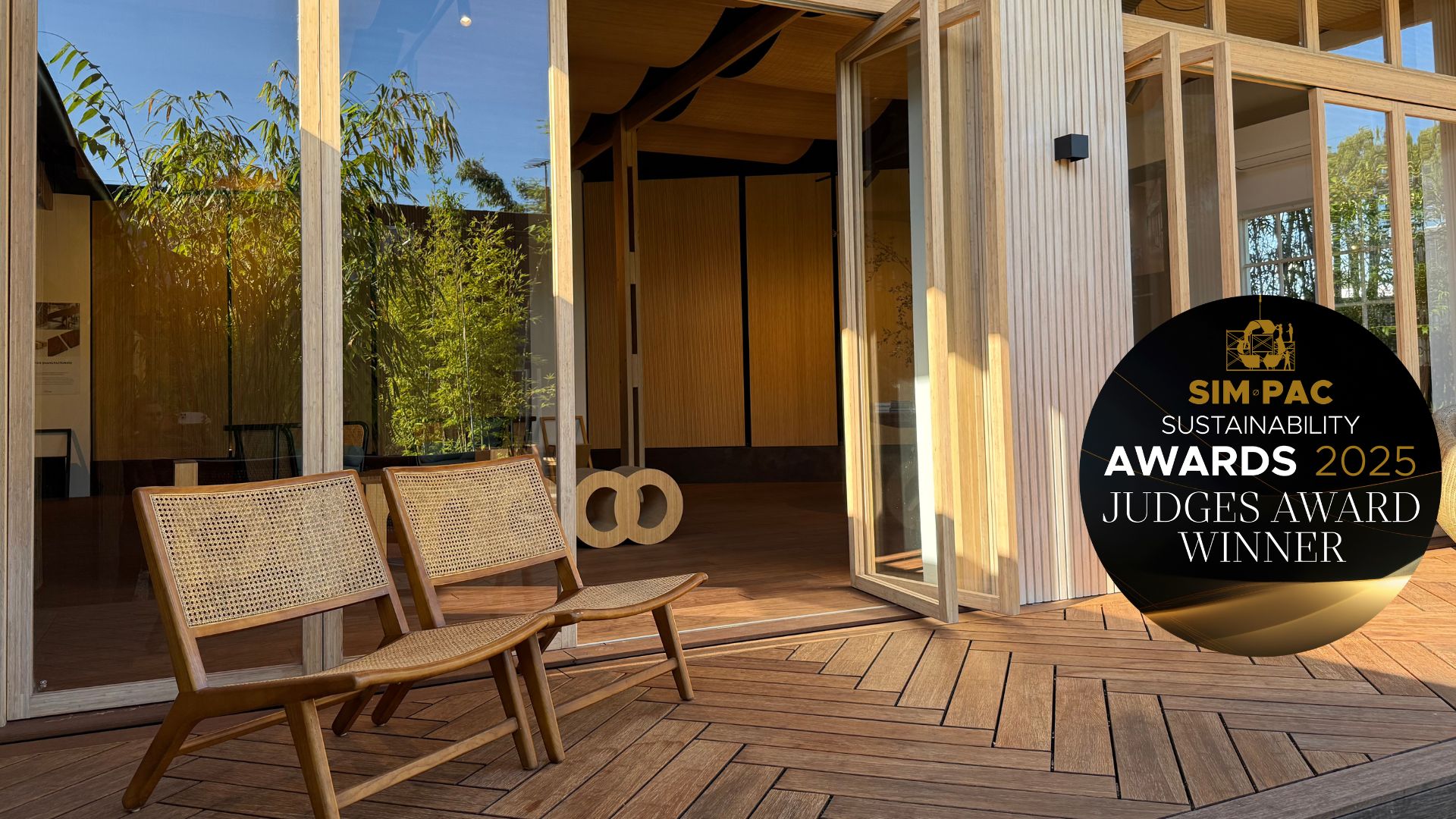To avoid buying into companies engaging in greenwashing, consumers must educate themselves about the credibility of the products they are seeking. This can be done by choosing companies with marketing claims backed up by industry-recognised certifications and government-backed standards. Looking for sustainable products is the right mindset but fact-checking companies claiming green practices is the surest way to shop sustainably.
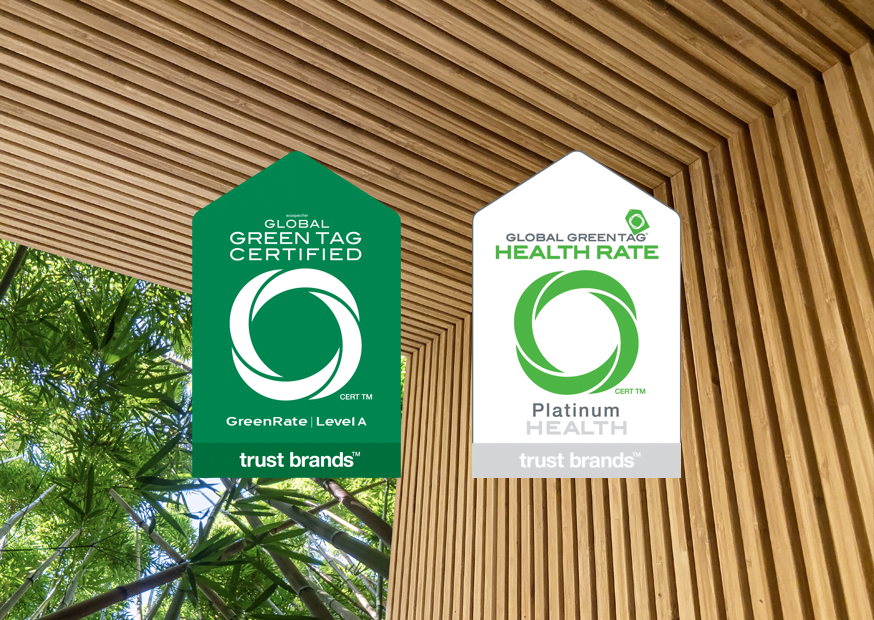
Our Global GreenTag Certifications Explained
House of Bamboo, Sustainability
Share
- X
With more and more brands jumping on the sustainable bandwagon it gets harder and harder to distinguish between products making a real difference and greenwashing. This is the observation that led to the creation of Global GreenTag, an organisation providing tools to “cut through the greenwash and empower professionals and consumers alike to confidently choose products that have been made in the most planet-friendly way possible”. After months of thorough audit, we’ve recently received two Global GreenTag certifications, a Green Rate Level A and a Platinum Health Rating. The in-depth process took six months to complete, and we put everything up for scrutiny, from our harvesting practices through to our factory processes. It’s an open, transparent way of telling the world that sustainability is at the heart of everything we do and that you can wholly trust our claims.
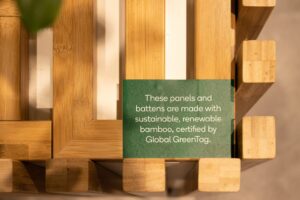
What’s the difference between GreenRate and Health Rating?
Global GreenTag’s GreenRate certification allows you to answer the question, “which product is more sustainable?” from a group of flooring products like carpet, ceramic tiles, rubber, cork, vinyl, timber etc. and for the first time ever, get a scientifically valid answer. It looks at different aspects of the product and its ingredients at various stages and for various issues including; aspects of resource use (post-consumer recycled and rapidly renewable content), waste reduction, availability of greenhouse and water footprints. It is recognised by the Green Building Council of Australia, New Zealand and South Africa as a rating system designed to meet the requirements of the Green Star® ‘Sustainable Products’ credits. All certified products are examined for ‘Fit-for-Purpose’ and confirmed for Building Code compliance with each product receiving one of the below three tags. We were certified Level A which equates to 100% ‘Sustainability Factor’ in the Green Star®* rating tools’ Sustainable Products credits.

Global GreenTag’s PHD (Product Health Declaration) on the other hand doesn’t focus on the impact of a product on the environment but on our health. With people spending more and more time indoors, the Product Health Declaration was created to help prevent toxic products being used in workplaces and homes. It pushes for transparency to disclose risks and hazards in products used in construction. It is a little known fact, despite growing evidence, that toxic ingredients hidden in products used in workplace buildings play a crucial role in employees’ health and sickness. There are four levels of accreditation and we received the highest possible rating, Platinum, which is world leading. This should come as no surprise considering bamboo is naturally antibacterial but this certification guarantees the healthiness of the finished product, after it’s undergone engineered manufacturing.





